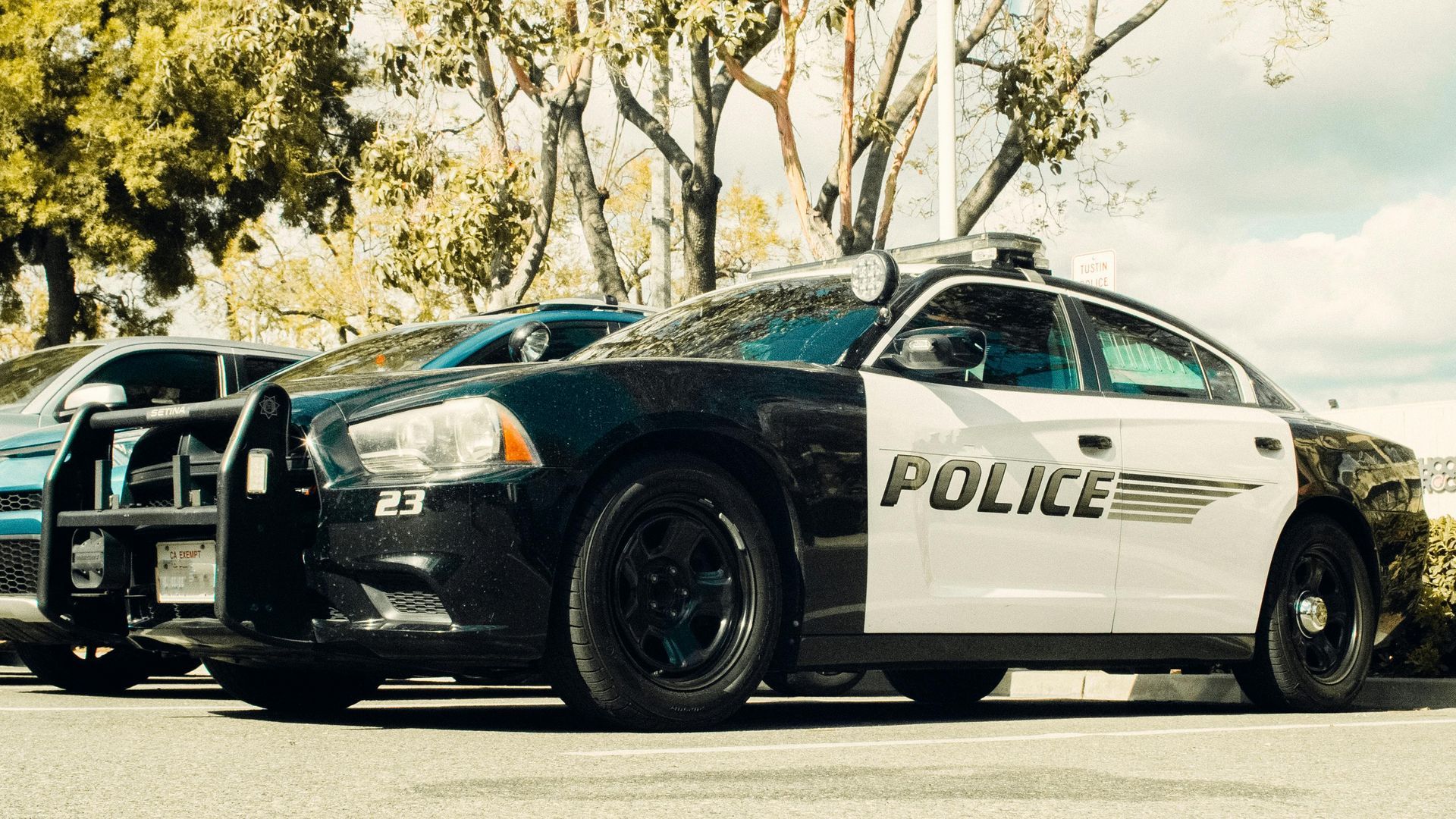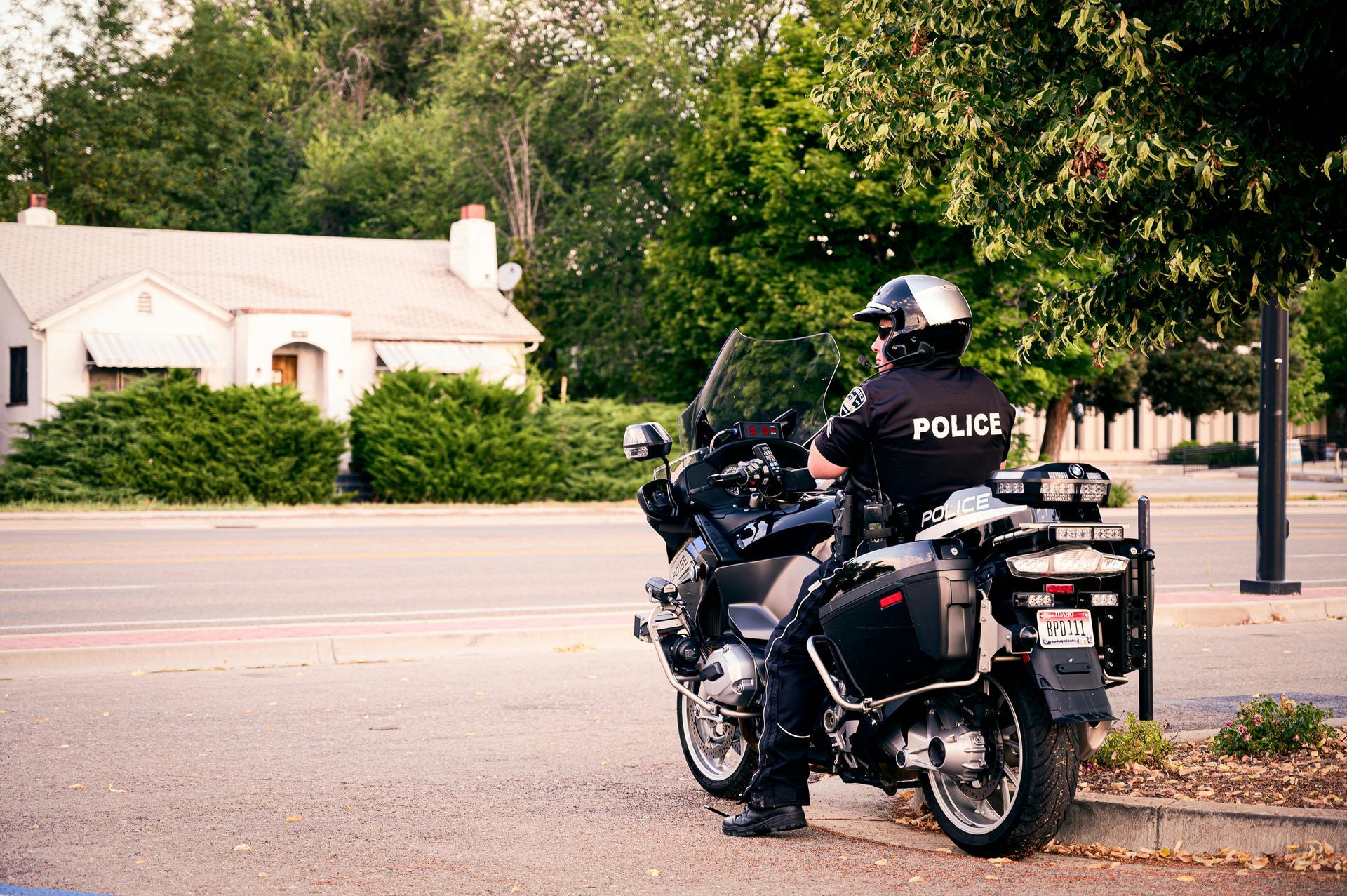A Comprehensive Guide to Understanding California Weapon Charges
A Comprehensive Guide to Understanding California Weapon Charges
As a California resident, it is essential to be aware of the state's gun laws and regulations to avoid facing severe legal consequences. California has some of the strictest firearm laws in the country, and violating them can result in heavy fines, imprisonment, and loss of gun ownership privileges. Understanding the requirements to own a gun in California and the consequences of weapon charges is critical to staying on the right side of the law. In this blog post, we'll explore these topics in-depth and provide useful insights to help you navigate California's firearm laws.
Requirements to own a gun in California
To purchase or possess a firearm in California, you need to be at least 21 years of age and be a resident of the state. You must also pass a background check and complete a mandatory safety course provided by licensed firearm dealers. Additionally, you need to obtain a firearm safety certificate, which involves passing a written test that covers firearm laws, operation, and safety principles.
There are also restrictions on the types of firearms you can own in California. Assault weapons, .50 caliber rifles, and large-capacity ammunition magazines are prohibited in the state. If you possess any of these weapons illegally, you could face severe legal consequences.
Consequences of gun charges in California
California has strict penalties for weapon charges, depending on the type of offense. In most cases, firearm-related crimes are prosecuted as felonies, which carry significant fines and lengthy prison sentences. For example, possessing an assault weapon, which is prohibited by California law, is a felony offense that can result in up to three years in prison and a fine of $10,000.
Other gun charges in California include carrying a loaded firearm in public, brandishing a firearm, and committing a crime with a firearm. These offenses can result in misdemeanor or felony charges, depending on the circumstances and can carry sentences ranging from six months to life imprisonment.
How Email My Lawyer can help
If you or someone you know is facing a weapon charge in California, it is essential to seek the services of an experienced criminal defense attorney. At Email My Lawyer, we specialize in providing legal assistance to individuals facing criminal charges in California, including firearm-related offenses.
Our qualified attorneys have extensive knowledge of California's firearm laws and can help build a solid defense strategy that protects your rights and ensures the best possible outcome in your case. We understand that facing criminal charges can be overwhelming, and we work tirelessly to provide legal support and guidance throughout the entire legal process.
Understanding California's firearm laws and regulations is critical to avoiding severe legal consequences for weapon charges. You must be aware of the requirements to purchase or possess a firearm in California and the types of firearms that are prohibited in the state. If you're facing a weapon charge in California, seeking legal assistance from a qualified criminal defense attorney can be the key to securing a favorable outcome in your case. At Email My Lawyer, we're committed to providing reliable legal support and guidance to individuals facing firearm-related charges in California.










